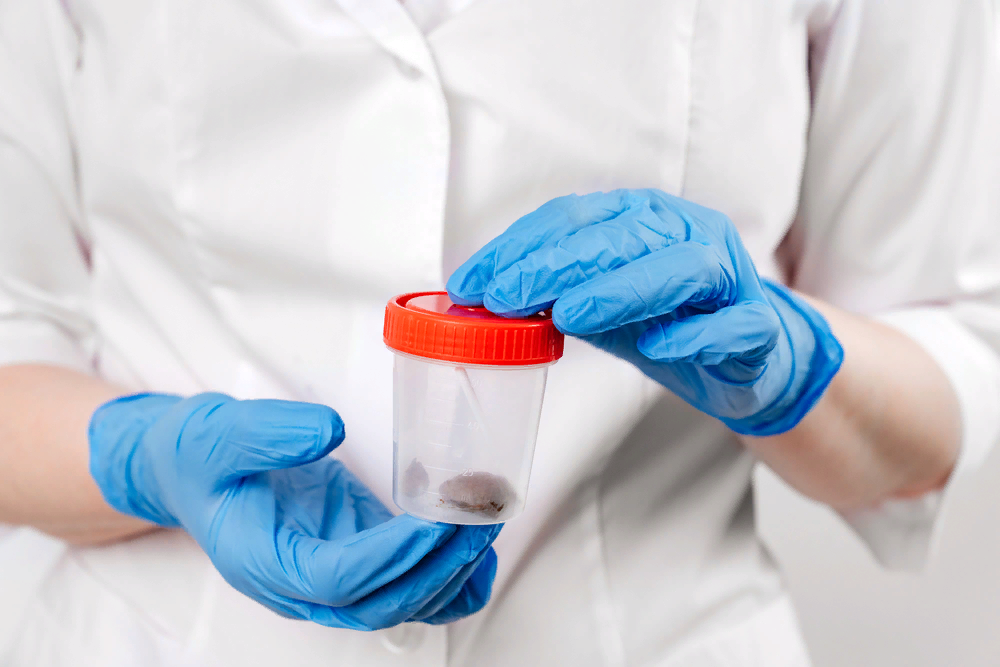Calls for Ukraine
Calls for Europe
Calls for USA

Promising results from researchers at Baylor College of Medicine may lead to the development of a noninvasive stool test for endometriosis and a new treatment for the condition.
The results of this study are published in the journal Med.
When endometriosis develops, the lining inside the uterus grows beyond its natural location, such as attaching to the intestines or the membrane lining the abdominal cavity. This usually causes bleeding, pain, inflammation and infertility. It usually takes about seven years for endometriosis to be detected, and it is often misdiagnosed as a bowel disease.
Thus, delayed diagnosis, as well as the use of invasive diagnostic procedures and ineffective treatments, require improved methods to combat endometriosis, which affects about 200 million women worldwide.
“Our previous studies in mice have shown that the microbiome – communities of bacteria living in the body or their metabolites – the products they produce – can contribute to the development of endometriosis,” said Dr. Rama Kommagani, lead author and assistant professor of pathology and immunology at Baylor. “In the current study, we examined the role of the microbiome in endometriosis in more detail by comparing the bacteria and metabolites present in the stool of women with the disease with those in the stool of healthy women. We found significant differences.”
The findings suggest that metabolites found in the stools of women with endometriosis may provide the basis for a non-invasive diagnostic test, as well as a promising strategy for slowing the progression of the disease.
The researchers found a combination of bacterial metabolites unique to endometriosis. Among them is a metabolite called 4-hydroxyindole. This compound is produced by “good bacteria,” but women with endometriosis have less of it than women without the disease.
Although there are studies in animal models of this disease that have shown specific bacterial metabolites associated with endometriosis, this study is the first to find a unique profile of metabolites associated with endometriosis in humans, bringing physicians closer to better understanding this disease and possibly finding better ways to treat it.
In addition, large-scale studies have shown that administration of 4-hydroxyindole in animal models of the disease prevented the onset and progression of inflammation and pain associated with endometriosis.
Intriguingly, the findings may have implications for another disease as well. The profile of metabolites identified by the researchers in endometriosis is similar to that seen in inflammatory bowel disease (IBD), revealing a surprising link between the two diseases. The scientists’ findings support the role of the microbiome in the development of endometriosis and IBD.
Researchers continue to work on developing a non-invasive fecal test for endometriosis. They are also conducting the necessary studies to evaluate the safety and efficacy of 4-hydroxyindole as a potential treatment for this disease.
Please rate the work of MedTour
